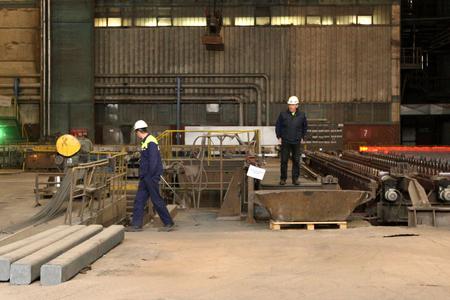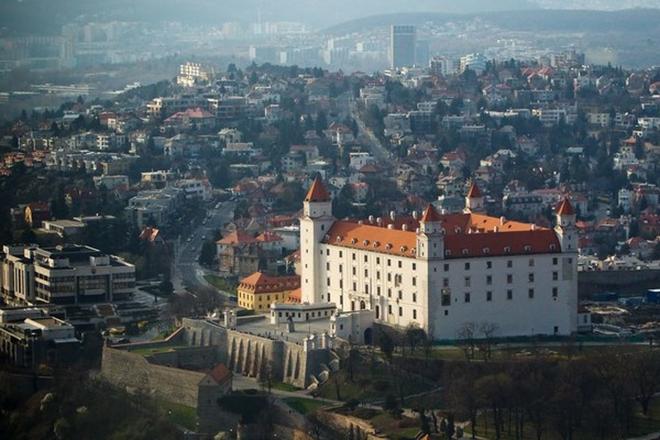More airlines and mobile phones as well as quicker internet has helped Slovakia improve its position in competitiveness rankings.
In the recent 2017-2018 Global Competitiveness Report published by the World Economic Forum (WEF), the country ranked 59th, up by six positions compared with the previous ranking.
The results indicate a slight increase in Slovakia’s attractiveness in the eyes of investors. Its overall score amounted to 4.33, up from last year’s 4.28. This may be the result of some government steps adopted with the aim of improving business and reducing red tape, the Business Alliance of Slovakia (PAS), WEF’s partner in Slovakia, stated in a press release.
“In fact, the improvement was impacted the most by a higher number of mobile lines, higher average internet speed and the increase in the number of airlines,” PAS wrote.
Moreover, several countries dropped in the ranking, which also helped improve Slovakia’s position. This was the case of Columbia, Georgia and Romania. Despite its better position in the competitiveness index, Slovakia still belongs among the worst EU countries for doing business.
Corruption still a problem
According to a recent report, Slovakia’s evaluation improved mostly in the Macroeconomic environment and Technological Readiness chapters, in which it belongs among the best in the world.
“Unfortunately, we reported no progress in Institutions and Innovations,” said Peter Kremský, executive director of PAS, as quoted in the press release.
PAS carried out a survey among nearly 120 managers. They gave the highest score to Health and Primary Education (6.1 points out of a total of 7), as well as the Macroeconomic Environment (5.4 points) and Technological Readiness (5.1 points).

On the other hand, the worst evaluation was given to Public Institutions (3.3 points) and Innovations (3.3).
The most problematic factors for doing business are corruption, inefficient government bureaucracy, tax rates and tax regulation. The managers are also critical of restrictive labour regulations and an inadequately educated workforce.
“The increase in six positions is a success,” Kremský said. “But Slovakia should have had ambitions of making the top 30. If the government adopts quicker reforms and radically improves the business environment, the country would be an attractive investment destination in central Europe again.”
Slovakia lags mostly in the fight against corruption, judiciary effectiveness, the burden under state regulation and the use of the tax system to support job seekers, according to the managers.



 Bratislava, illustrative stock photo (source: SME)
Bratislava, illustrative stock photo (source: SME)